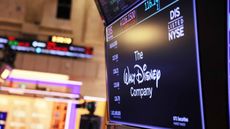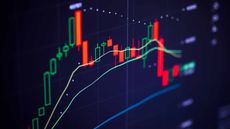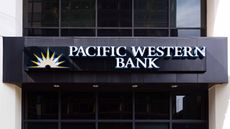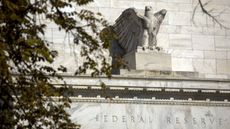What is a Recession? 10 Facts You Need to Know
Fears of an economic downturn are once again on the rise, but what is a recession, exactly? We tackle this and other questions here.
- (opens in new tab)
- (opens in new tab)
- (opens in new tab)
- Newsletter sign up Newsletter
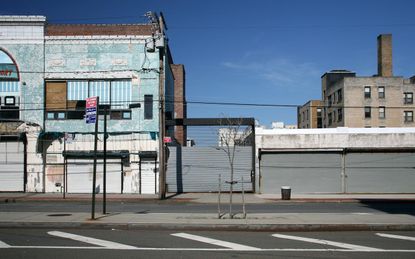

The U.S. economy might not be in an official recession at the moment, but it sure doesn't feel that way to the legions of folks who just lost their jobs. Any one of the tens of thousands of former employees recently kicked to the curb (opens in new tab) at Amazon.com (AMZN (opens in new tab)), Facebook parent Meta Platforms (META (opens in new tab)) or Twitter may be forgiven for asking: If this isn't a downturn, then what is a recession, anyway?
And while it's true the U.S. economy bounced back to growth in the third quarter, the majority of economists still forecast a recession to hit in 2023. Heck, even the most optimistic projections still put the odds of the U.S. entering a recession next year at an uncomfortably high 35%.
65 Best Dividend Stocks You Can Count On (opens in new tab)
Given that our last recession ended only two-and-a-half years ago, investors probably feel like it's way too soon for another contraction in economic activity.
Fair enough. After all, historically speaking, it is.
The Pandemic Recession that began in February 2020 ended in April of 2020, according to the Business Cycle Dating Committee of the National Bureau of Economic Research (opens in new tab) (NBER), which is the arbiter of these things.
Although it was the shortest downturn in U.S. history, it took the economy until July 2022 to recover the 21 million jobs lost during the slump.
And it continues to haunt us in other ways. After all, a recession is the scariest creature in the average investor's closet of anxieties. There's little wonder why. People fear recessions because they can mean lower home prices (opens in new tab), lower stock prices – and, of course, unemployment (opens in new tab).
Any number of things can cause, or exacerbate, a recession: an exogenous shock, such as the COVID-19 crisis or the Arab oil embargo of 1973; soaring interest rates; or ill-conceived legislation, such as the Smoot-Hawley Tariff Act of 1930.
Recessions are parts of the warp and woof of a dynamic economy, albeit unpleasant ones. And if you're prepared for the next recession, there will be plenty of opportunities when that downturn ends. Thus, the more you know about recessions, the better.
Here are 10 must-know facts that help answer the question, What is a recession?
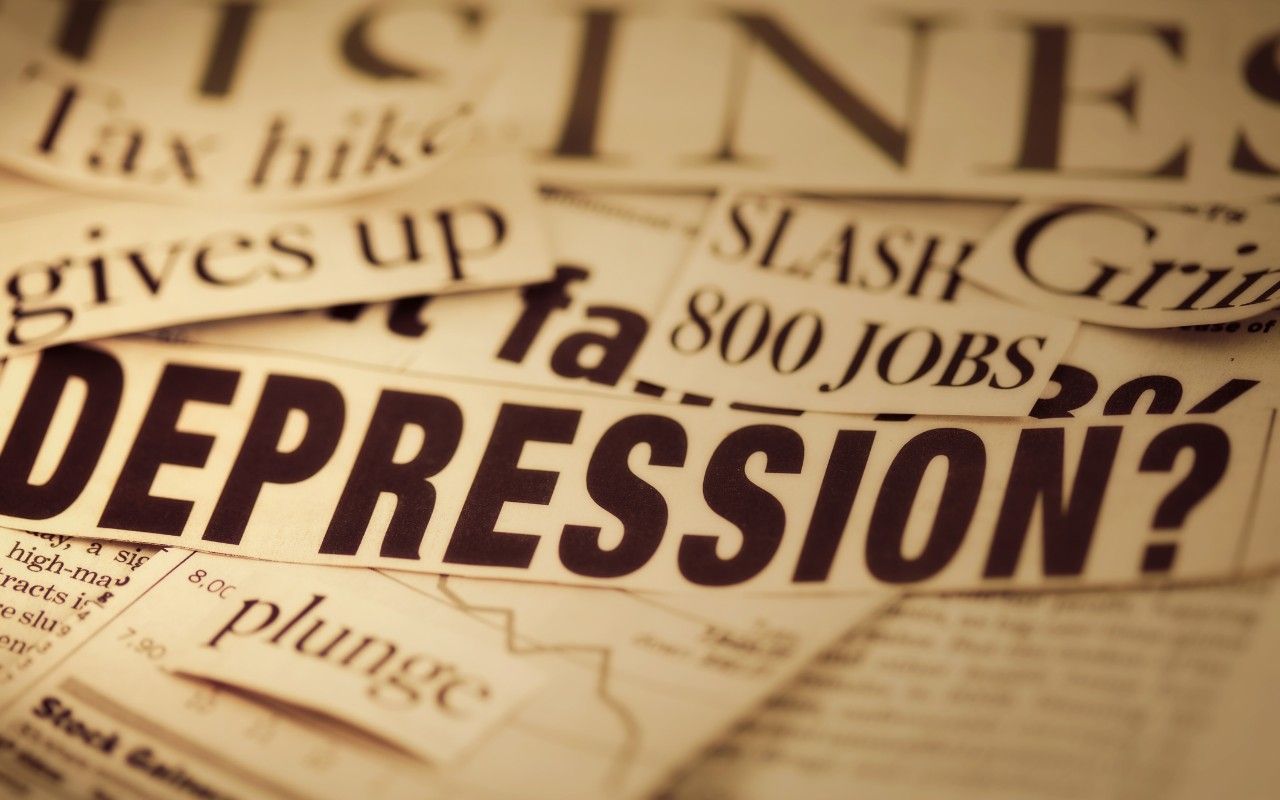
Why Are They Called 'Recessions'?
Because calling them "depressions" is too scary. No, really.
After the Great Depression – a term once considered milder than "panic" or "crisis" – the term "depression" for an economic downturn seemed particularly terrifying. Economists began to use the term "recession" instead.
Currently, "depression" is used to mean an extremely sharp and intractable recession, but there is no formal definition of the term in economics. The Pandemic Recession included levels of unemployment not seen since before WWII. And the 2007-09 recession certainly had uncomfortable similarities to the Great Depression, in that it involved a financial crisis, extremely high unemployment, and falling prices for goods and services. Economists now call it the Great Recession.
Warren Buffett Stocks Ranked: The Berkshire Hathaway Portfolio (opens in new tab)

What Constitutes an Official Recession?
Someone has to be the official arbiter of recessions and recoveries, and the Business Cycle Dating Committee of the National Bureau of Economic Research (NBER) is that someone.
Although two quarters of consecutive GDP contraction is the standard shorthand for a recession, the NBER actually uses many indicators to determine the start and end of a recession (opens in new tab).
In fact, GDP is not the committee's favorite indicator: It prefers indicators of domestic production and employment instead. Other signs of recession include declines in real (inflation-adjusted) manufacturing and wholesale-retail trade sales and industrial production. Prolonged declines in production, employment, real income and other indicators also contribute to the NBER's recession call.
In the case of the Pandemic Recession, NBER says (opens in new tab): "The committee has determined that a trough in monthly economic activity occurred in the US economy in April 2020. The previous peak in economic activity occurred in February 2020. The recession lasted two months, which makes it the shortest US recession on record."
Is Disney Stock Still a Buy After Disappointing Earnings? (opens in new tab)

How Long Do Recessions Typically Last?
The average length of recessions going all the way back to 1857 is less than 17.5 months. Recessions actually have been shorter and less severe since the days of the Buchanan administration. The long-term average includes the 1873 recession – a kidney stone of a downturn that lasted 65 months. It also includes the Great Depression, which lasted 43 months.
If we look at the period since World War II, recessions have become less harsh, lasting an average of 11.1 months. In part, that's because bank failures no longer mean that you lose your life savings, thanks to the Federal Deposit Insurance Corporation, and because the Federal Reserve has gotten (somewhat) better at managing the country's money supply.
The longest post-WWII recession was the Great Recession, which began December 2007 and ended in June 2009, a total of 18 months. Conversely, the two-month Pandemic Recession helped nudge the average length of recession down a notch.
In October, Stocks Soared. Is the Bear Market Dead? (opens in new tab)

How Often Do Recessions Happen?
Again, since 1857, a recession has occurred, on average, about every three-and-a-quarter years. It used to be the government felt that letting recessions burn themselves out was the best solution for everyone concerned.
Since World War II, we've gone an average of 58.4 months between recessions, or nearly five years. The last economic expansion, starting at the end of the Great Recession, lasted 128 months. By that measure, we were overdue for an economic retraction when the Pandemic Recession hit.
Warren Buffett Stocks: What Did Berkshire Hathaway Buy and Sell in Q3? (opens in new tab)
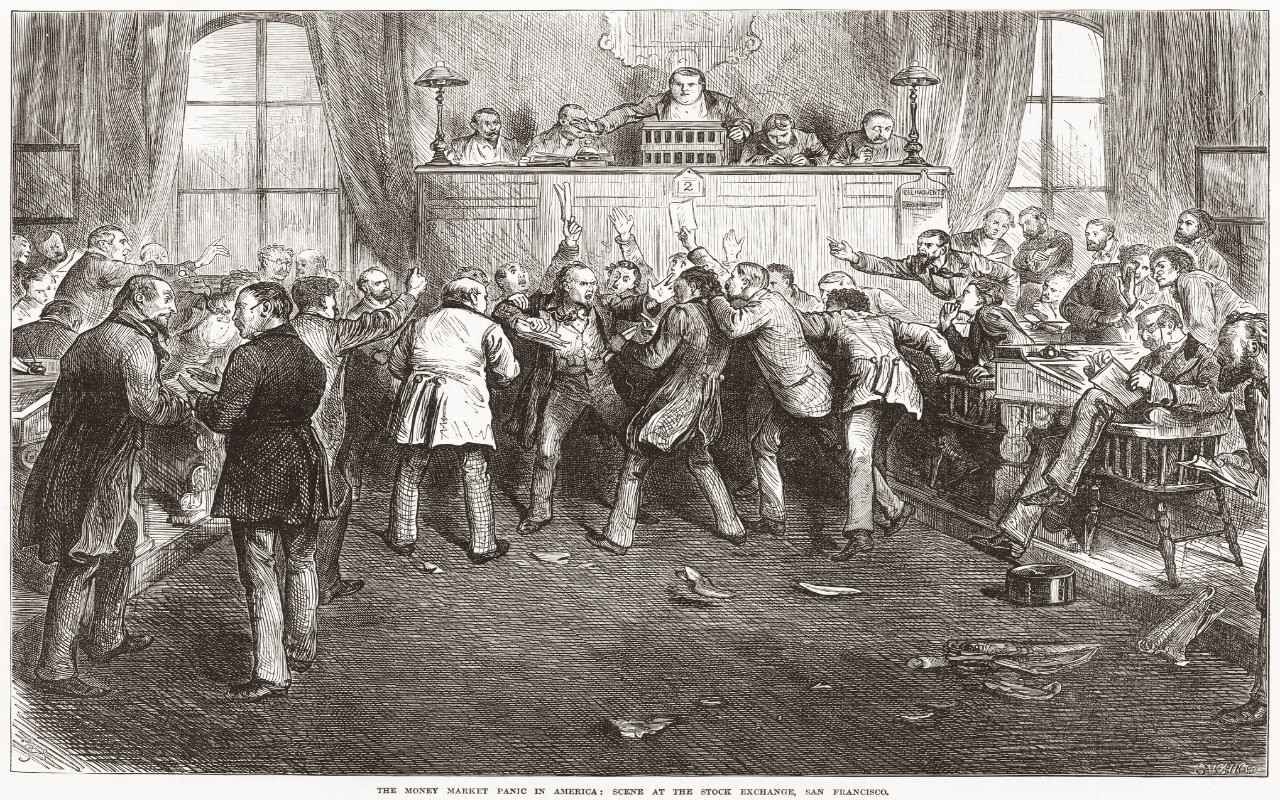
When Was the Harshest Recession?
The recession of 1873 was actually known as the Great Depression until the 1929 recession rolled in.
The recession started with a financial panic in 1873 with the failure of Jay Cooke & Company, a major bank. The event caused a chain reaction of bank failures across the country and the collapse of a bubble in railroad stocks. The New York Stock Exchange shut down for 10 days in response. The recession lasted until 1877.
5 Best Dow Dividend Stocks to Buy Now (opens in new tab)
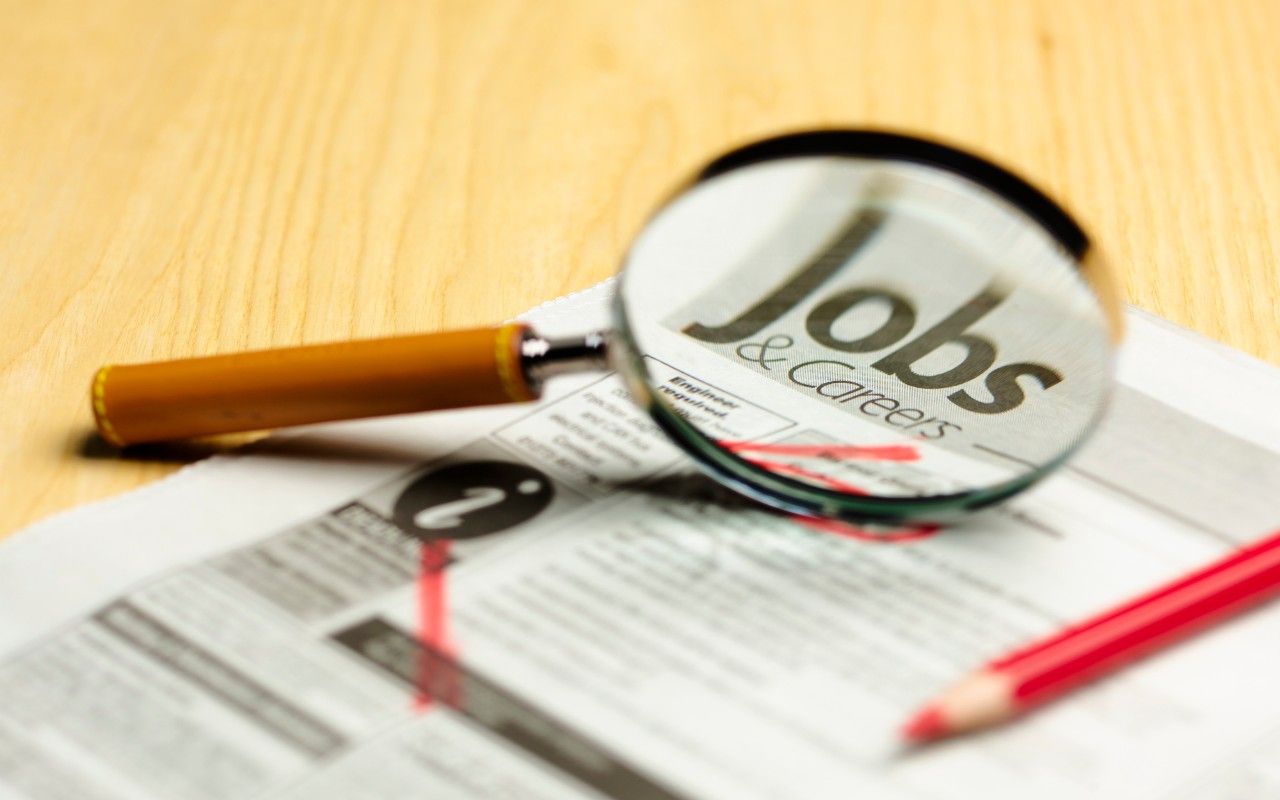
What's the Worst Effect of a Recession?
An old economist joke is that a recession is when someone else loses their job, and a depression is when you lose your job. (Very few economists have transitioned to stand-up comedy.)
Your job is your main source of income, and that's why it's important to have a few months' salary in cash as an emergency fund – especially since jobs are increasingly hard to come by in a recession.
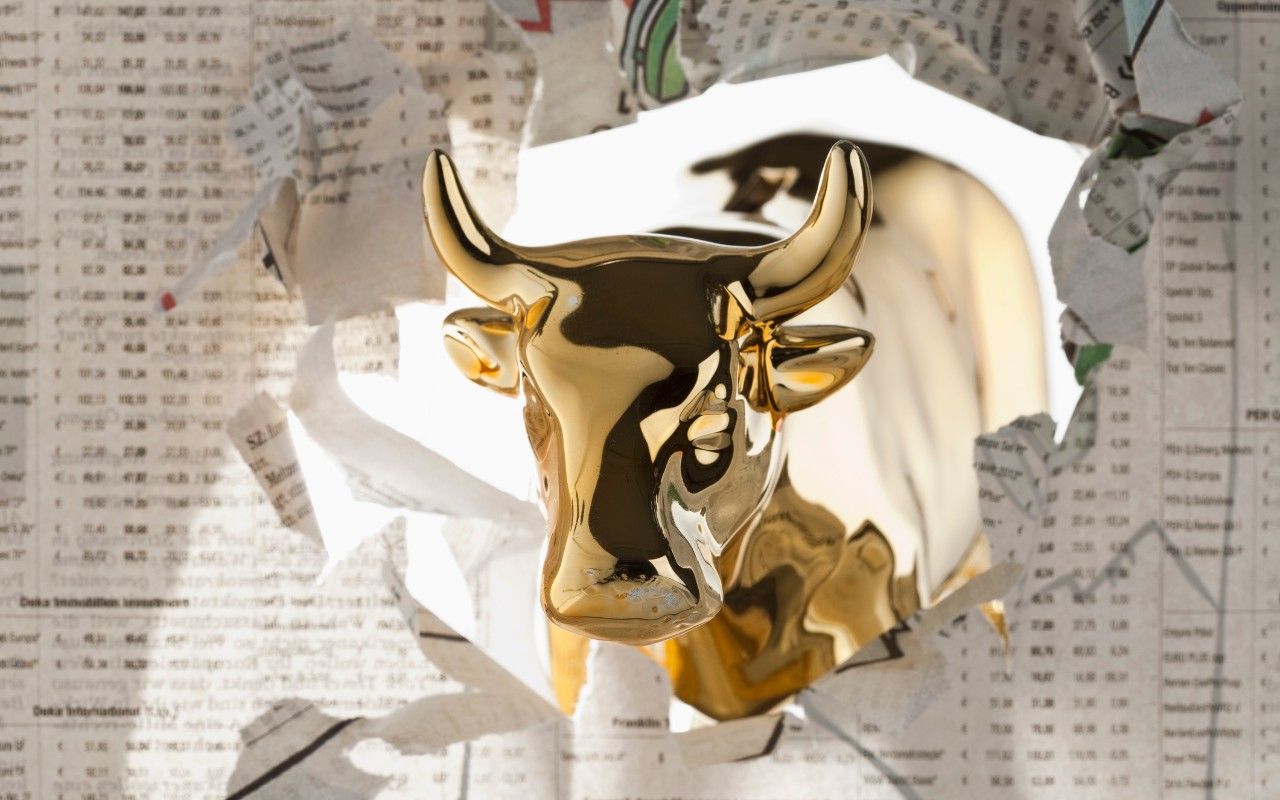
When Is the Best Time to Buy Stocks in a Recession?
Historically, the best time to buy stocks is when the NBER announces the start of a recession. It takes the bureau at least six months to determine if a recession has started; occasionally, it takes longer. The average post-WWII recession lasts 11.1 months. Often, by the time the bureau has figured out the start of the recession, it's close to the end. Many times, investors anticipate the beginning of a recovery long before the NBER does, and stocks begin to rise around the time of the actual economic turnaround.
For instance, the Great Recession was officially announced on Dec. 1, 2008 – a full year after it had started. The recession ended in June 2009; the bear market ended three months earlier, on March 6, 2009. The ensuing bull market lasted more than a decade.
In the most recent case, the NBER called the end of the Pandemic Recession on July 19, 2021, or 15 months after it ended. Meanwhile, the S&P 500 gained 50% from April 30, 2020 to July 14, 2021.
5 Best Consumer Staples Stocks to Buy Now (opens in new tab)

What’s the Best Thing to Do With Your Money During a Recession?
Pay off your credit card debt. Here's why: Paying off a credit card that charges 18% interest is the rough equivalent of getting an 18% return on your investment, and you’re not going to get that from most other investments during a recession.
That said, bond prices typically rise in value during a recession – provided the recession isn’t sparked by rising interest rates.
With the Fed raising interest rates at the fastest pace in more than four decades, bonds have struggled mightily in 2022.
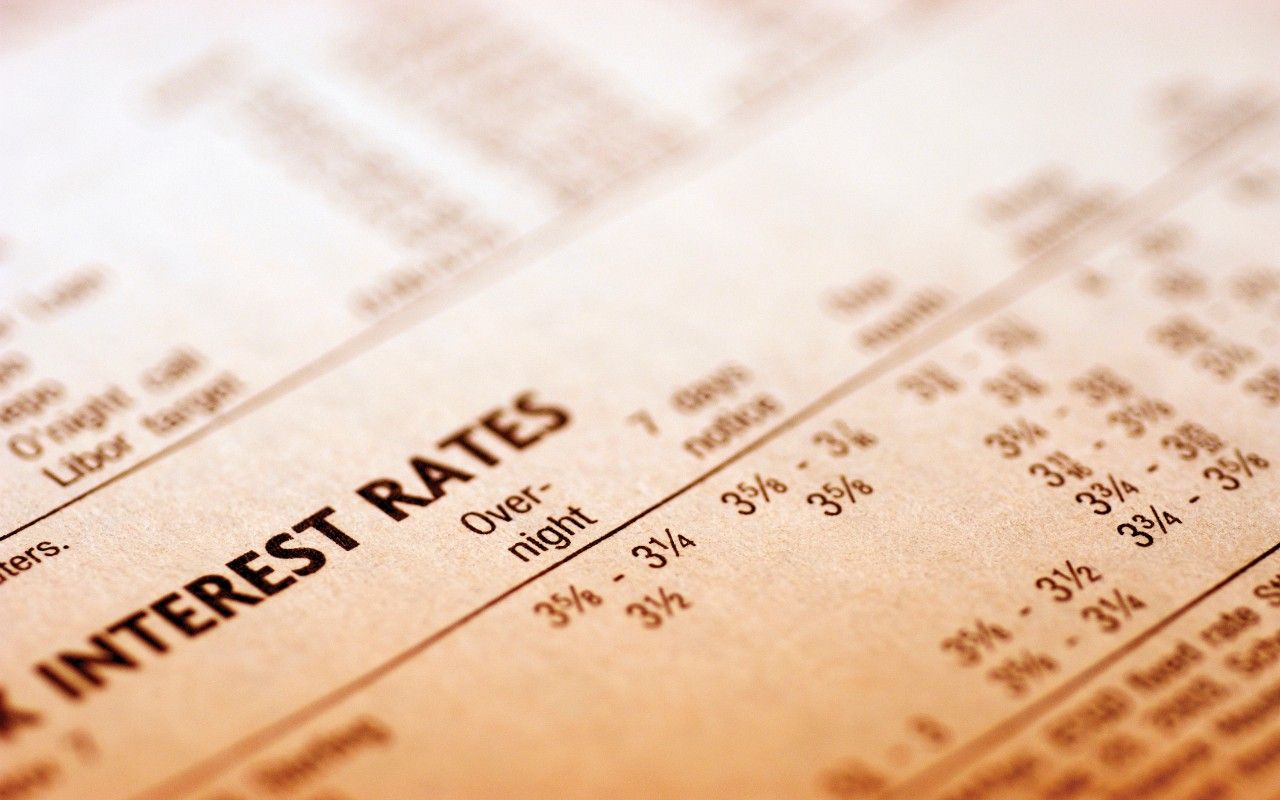
What Is the Best Early Warning Sign of a Recession?
More than the stock market, consumer confidence or the index of leading economic indicators, an inverted yield curve has been a solid predictor of economic downturns.
An inverted yield curve is when short-term government securities, such as the three-month Treasury bill, yield more than the 10-year Treasury bond. This indicates that bond traders expect weaker growth in the future. The U.S. curve has inverted before each recession in the past 50 years, with just one false signal.
This indicator worked for the Pandemic Recession too. The yield curve inverted multiple times in 2019 and early 2020. On March 3, the three-month T-bill yielded 1.13%, and the 10-year T-note yielded 1.1%. (To make matters a bit more complicated, some economists prefer using the two-year T-note yield instead of the three-month T-bill.) The index of leading economic indicators is a composite of 10 indicators – including the stock market and consumer confidence (opens in new tab) – and is useful for those who want a broader view of the economic picture.
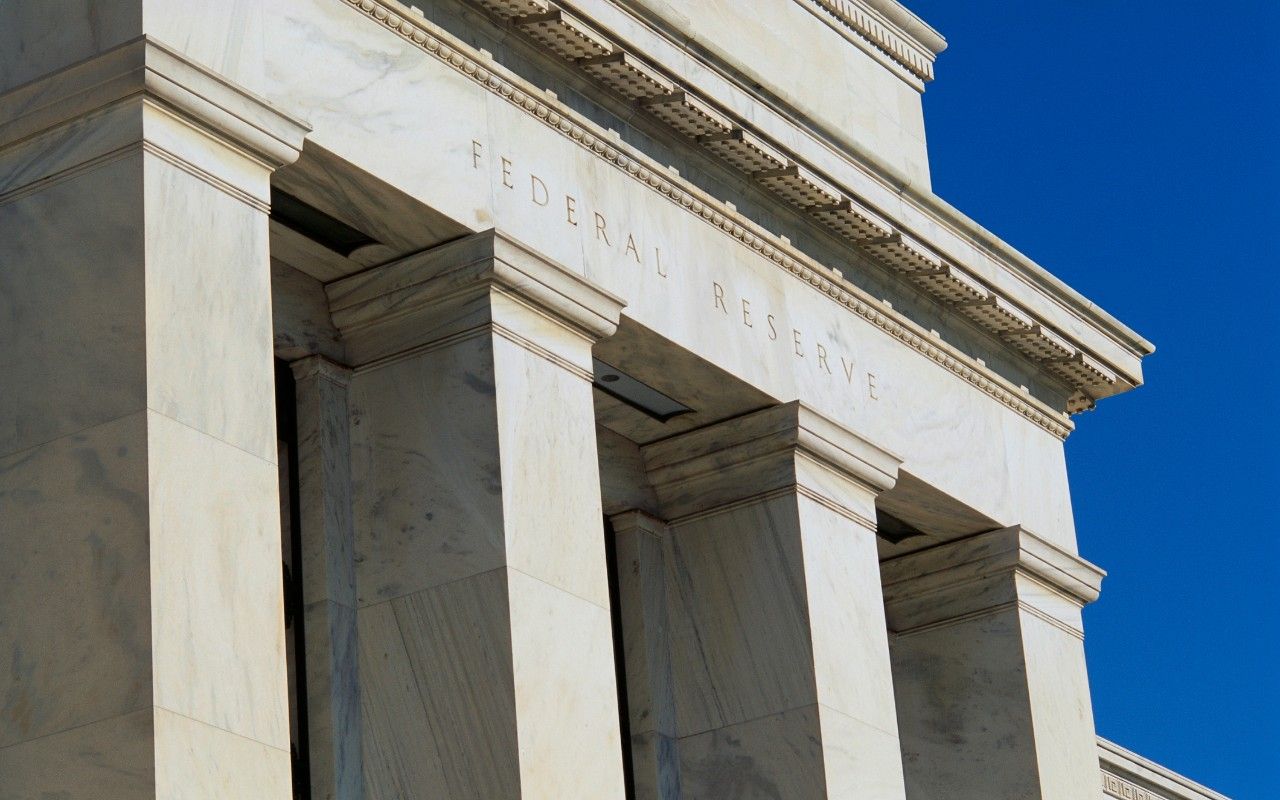
Does the Federal Reserve Cause Recessions?
Officially, the Fed never wants to start a recession, because part of its dual mandate is to keep the economy strong. Unfortunately, the other part of the Fed's dual mandate is to keep inflation low. The main cure for soaring inflation is higher interest rates, which slows the economy. In 1981, the Fed hiked interest rates so high that three-month T-bills yielded more than 15%. Those rates put the brakes on the economy and ended inflation – at the price of a short but sharp recession.

Dan Burrows is Kiplinger's senior investing writer, having joined the august publication full time in 2016.
A long-time financial journalist, Dan is a veteran of SmartMoney, MarketWatch, CBS MoneyWatch, InvestorPlace and DailyFinance. He has written for The Wall Street Journal, Bloomberg, Consumer Reports, Senior Executive and Boston magazine, and his stories have appeared in the New York Daily News, the San Jose Mercury News and Investor's Business Daily, among other publications. As a senior writer at AOL's DailyFinance, Dan reported market news from the floor of the New York Stock Exchange and hosted a weekly video segment on equities.
In his current role at Kiplinger, Dan writes about equities, fixed income, currencies, commodities, funds, macroeconomics, demographics, real estate, cost of living indexes and more.
-
-
 Three Legal Documents Your Child Should Sign When They Turn 18
Three Legal Documents Your Child Should Sign When They Turn 18Legal documents such as durable power of attorney, a healthcare proxy and a HIPAA release can give parents the legal right to make decisions if their child needs help.
By Allen J. Falke, CPA, Esq., LL.M. • Published
-
 JetBlue's TrueBlue Loyalty Program Now Gives Perks to Infrequent Flyers
JetBlue's TrueBlue Loyalty Program Now Gives Perks to Infrequent FlyersJetBlue's TrueBlue loyalty program added new tiles and Mosaic levels to offers more ways for casual travelers to earn perks more regularly.
By Collette Reitz • Published
-
 Stock Market Today: Disney Earnings Drag on Dow
Stock Market Today: Disney Earnings Drag on DowAn unexpected decline in subscribers weighed on Disney stock Thursday, while notable deposit outflows sent PacWest tumbling.
By Karee Venema • Published
-
 Stock Market Today: Stocks Lose Steam After CPI Report
Stock Market Today: Stocks Lose Steam After CPI ReportStocks wavered after the April CPI report supported the case for the Fed to stop raising rates – but not cut them.
By Dan Burrows • Published
-
 Stock Market Today: Stocks Churn Ahead of April CPI Report
Stock Market Today: Stocks Churn Ahead of April CPI ReportThe major market indexes made modest moves Tuesday as investors awaited debt-ceiling updates and inflation data.
By Karee Venema • Published
-
 Stock Market Today: Stocks Choppy With Inflation Data on Deck
Stock Market Today: Stocks Choppy With Inflation Data on DeckThe major indexes struggled for direction Monday amid more volatility in regional bank stocks and ahead of this week's key inflation updates.
By Karee Venema • Published
-
 Stock Market Today: Apple Earnings, Bank Stocks Spark Relief Rally
Stock Market Today: Apple Earnings, Bank Stocks Spark Relief RallyThe April jobs report creates uncertainty around the Fed's future policy plans, but it didn't stop the major indexes from soaring Friday.
By Karee Venema • Published
-
 Stock Market Today: Stocks Slide as Regional Bank Rout Worsens
Stock Market Today: Stocks Slide as Regional Bank Rout WorsensThe major market indexes closed lower Thursday as chaos in the banking industry continued.
By Karee Venema • Published
-
 Stock Market Today: Stocks Pop, Then Drop After Fed Rate Hike
Stock Market Today: Stocks Pop, Then Drop After Fed Rate HikeThe major indexes couldn't make heads or tails of the latest Fed statement, ultimately ending the session in the red.
By Karee Venema • Published
-
 Stock Market Today: Stocks Slide Ahead of Fed Announcement
Stock Market Today: Stocks Slide Ahead of Fed AnnouncementThe major indexes tumbled Tuesday as anxiety ramped up ahead of tomorrow's policy announcement from the Federal Reserve.
By Karee Venema • Published



